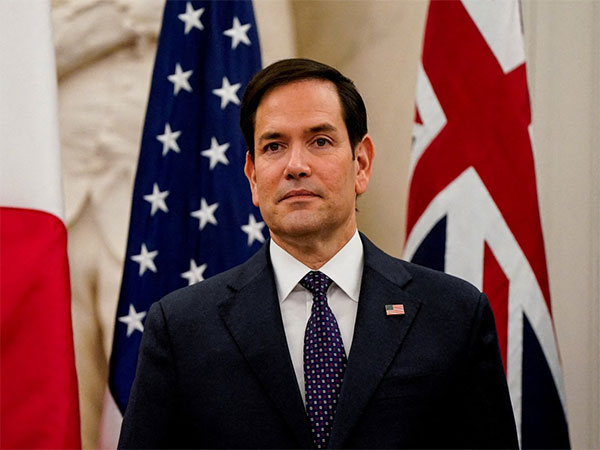PANAMA CITY: U.S. Secretary of State Marco Rubio has issued a strong warning to Panama regarding China’s growing influence over the Panama Canal, calling the situation “unacceptable.” He emphasized that if Panama does not take corrective action, the United States will be compelled to take “necessary measures” to protect its strategic interests.
Concerns Over Chinese Influence in Panama
During a high-level meeting in Panama City with Panamanian President Jose Raul Mulino and Foreign Minister Javier Martinez, Rubio conveyed U.S. President Donald Trump’s deep concerns regarding China’s involvement in the canal’s operations. The Trump administration believes that Beijing’s influence in the region threatens American geopolitical interests.
State Department spokesperson Tammy Bruce stated that President Trump has made a preliminary determination that “the current position of influence and control of the Chinese Communist Party over the Panama Canal area is a threat.” This declaration underscores growing tensions between Washington and Beijing over control of critical global trade routes.
Potential U.S. Action If No Changes Are Made
Rubio made it clear that the present level of Chinese involvement is unsustainable. “Absent immediate changes, it would require the United States to take measures necessary to protect its rights under the Treaty concerning the Permanent Neutrality and Operation of the Panama Canal,” he stated.
The U.S. has long viewed the Panama Canal as a key strategic asset. While the canal was officially handed over to Panama on December 31, 1999, concerns about foreign influence—especially from China—have intensified. China’s growing role in Latin America has led U.S. policymakers to reconsider their stance on regional security.
Rubio’s First Official Visit to Central America
Rubio’s visit to Panama is part of a broader trip through Central America, which includes stops in El Salvador, Costa Rica, Guatemala, and the Dominican Republic. His agenda aligns with the Trump administration’s strategy of strengthening diplomatic ties with Latin American nations while countering China’s increasing presence in the region.
According to CNN, Rubio’s visit is a deliberate effort to “pay closer attention to our own neighborhood,” reinforcing the U.S. commitment to securing its interests in the Western Hemisphere.
Trump’s Stance on the Panama Canal Issue
President Trump has been vocal about his dissatisfaction with the current state of the Panama Canal. In his inaugural address on January 20, he criticized China’s role, claiming that the U.S. had been treated unfairly regarding the canal’s administration. “China is operating the Panama Canal, and we are going to take it back,” Trump stated.
He further emphasized that the U.S. had invested heavily in constructing the canal, both financially and in human lives. “The United States spent more money than ever before on a project and lost 38 lives in the building of the Panama Canal. We have been treated very badly from this foolish gift that should never have been made, and Panama’s promise to us has been broken,” Trump asserted.
Panama’s Response to U.S. Concerns
In response to Trump’s remarks, Panamanian President Mulino reaffirmed his country’s sovereignty over the canal. He stated that the canal would continue to operate under Panamanian control and that no foreign nation, including the U.S. or China, should interfere in its administration.
“In the name of the Republic of Panama and its people, let us consider integrally the words uttered by President Donald Trump regarding Panama and its Canal. Again, he expressed in his message to the Nation on December 22: The Canal is and will continue to operate under Panamanian control with respect for its permanent neutrality. There is no presence of any nation in the world that interferes with our administration,” Mulino said.
Geopolitical Implications
The ongoing debate over the Panama Canal reflects a larger global struggle for influence between the U.S. and China. Beijing has significantly expanded its investments in Latin America, strengthening economic ties with several countries. The Belt and Road Initiative (BRI), China’s global infrastructure project, has played a pivotal role in cementing its influence.
However, the U.S. remains determined to counterbalance China’s rise in the region. Rubio’s strong stance suggests that Washington may take diplomatic or economic measures to challenge China’s growing presence in Panama.
Stay Updated with Nepal Monitor
For the latest global developments, including geopolitical updates and international relations, visit Nepal Monitor.


